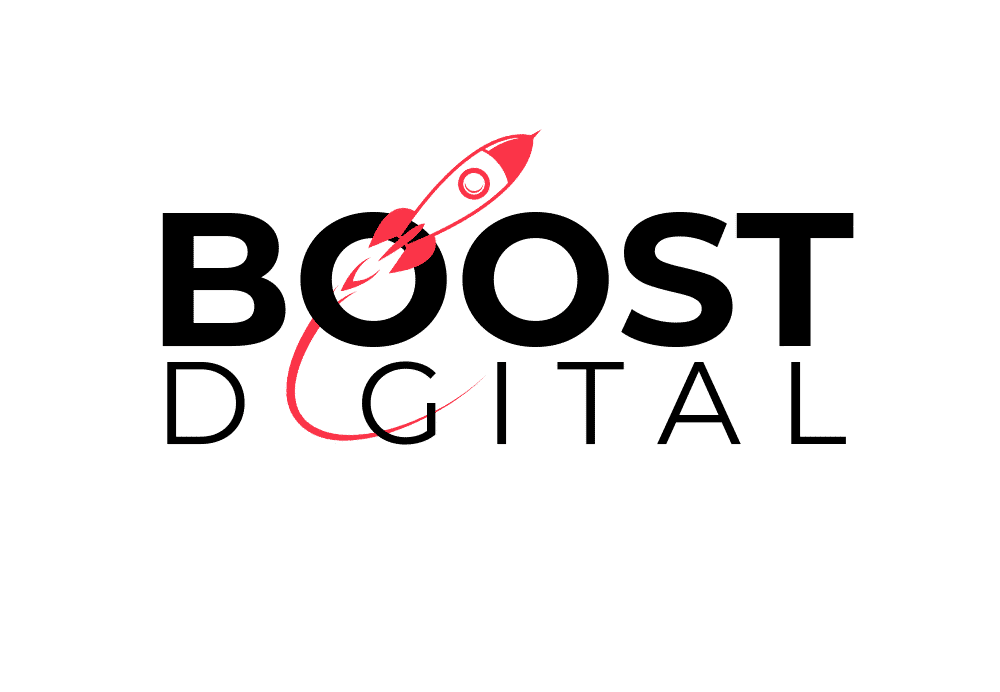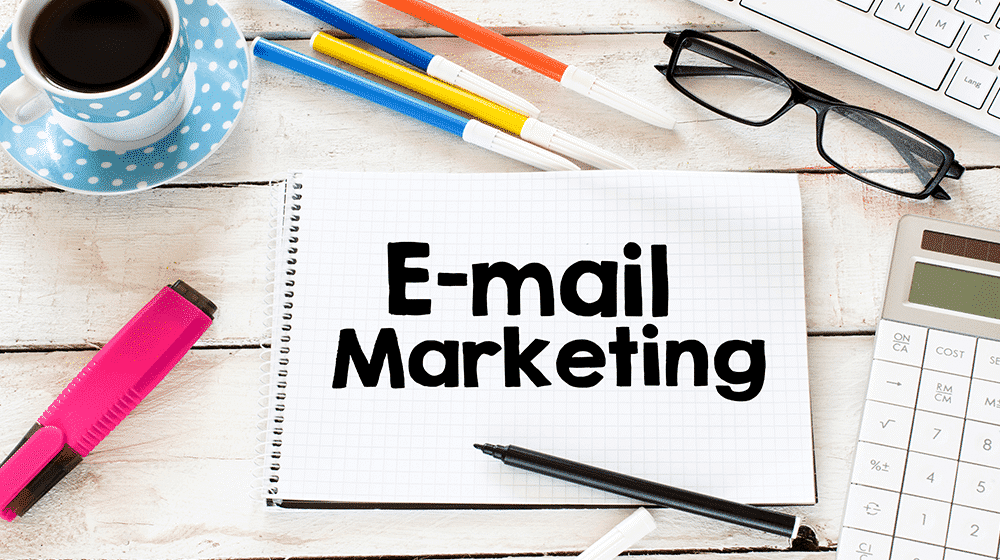
Email marketing is the use of email to promote products or services while developing relationships with potential customers or clients. It is actually direct mail that is sent electronically, rather than through the postal service. Learn more about the benefits of email marketing, the ways to do it right and the comparison with some other forms of marketing.

What is Email Marketing?
Whenever a firm sends an email, in addition to order confirmations and direct answers to customer questions, this could be considered a form of email marketing. Email marketing is one of the segments of internet marketing that includes network marketing through websites, social networks, blogs and more.
Email marketing can include newsletters about the company or sales promotions and exclusive offers for subscribers. Marketing email addresses can also try to share a general message on behalf of the company, for example after a natural disaster or scandal in the company.
At best, email marketing allows companies to inform their customers and tailor marketing messages to their audiences. In the worst case. this kind of marketing can drive away customers with persistent and annoying spam.
How does email marketing work?
It’s easy to set up and track a marketing campaign via email, making it accessible to small businesses. For example, you can add the option to sign up for a newsletter to your website. As people sign up, you can send newsletters to a growing audience. You can also refer customers to the newsletter from their social media profiles.
The two biggest benefits of email marketing are cost and simplicity. Compared to other types of marketing, sending emails is a cheap way to advertise your business and its products and services.

A regular newsletter is a simple and effective way to send notifications about your company, upcoming events and special offers. Email software also makes it easy to plan automated promotional emails for customers who haven’t recently purchased.
Email marketing allows you to target specific groups of customers or even specific individuals. Offering individual customers special birthday offers of goods or services is one way to do this.
For example, a restaurant can send an email to customers on their birthday with a 50% discount on admission. This kind of personalization helps the company to develop and maintain a relationship with customers. This can lead to increased sales and customer loyalty.
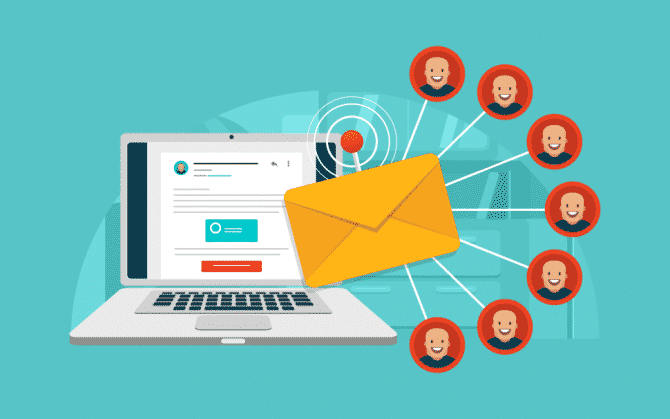
Email marketing remains important
In the age of social media, many of us write off emails. However, there is statistical evidence that an important aspect of marketing efforts remains. For example: Litmus Email Marketing Experts estimate that email marketing returns an average of $ 42 for every $ 1 spent.
One survey found that 59% of respondents decided to buy after reviewing an email. The great advantage of e-mail over social media is that users are more likely to see e-mail than social networks.
Just posting on social media does not mean that everyone who wants to see your message will see it. However, the email will remain in the inbox until it is read or deleted. Ideally, email marketing should go hand in hand with social media.
Adding a “Like” or “Share” tag on social media to your marketing emails gives an extra way for the customer to connect with your brand. Clips of positive social media fan reviews can be included in the email, and social media posts can attract users to your email newsletters.
Email marketing can significantly increase your revenue if you do it right. It’s a great way to get people to visit (and revisit) your website or blog. More traffic is usually equated with higher revenue.
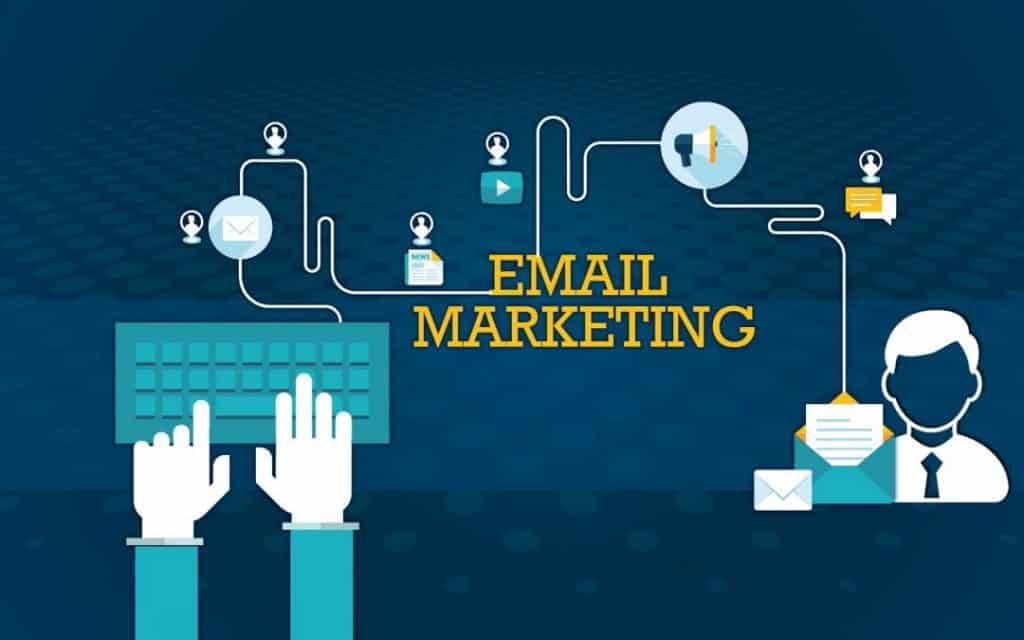
Email marketing strategies
The effectiveness of email marketing requires effort. Here are some of the strategies on how to make the most of your email marketing campaigns.
Make your own list
All you will do by sending unsolicited e-mails is to exclude most of the people you hoped to become customers. Whether through your website, in your store or at an event, make it clear when customers decide to receive your emails.
Follow the law
Merchants by sending e-mails must comply with the rules of CAN-SPAM law. These policies include a non-misleading topic, provide a clear way to unsubscribe, and include your name and address at the end of the email.

Mix up your messages
Don’t just constantly send ads to buy. Use your emails to build customer relationships by sharing your knowledge or expertise with others, giving them advice and insights they can appreciate. Share information that lets them know more about you and your business.
Respect your subscribers
Keep in mind that the people you communicate with have entrusted their information to you and deserve your respect. If you want the opportunity to turn them from customers into fans, make them feel special.
Follow the schedule
Stick to a schedule if you’re doing a newsletter. Sending emails every day or every week will help subscribers know what to expect from you and when.
Optimization for mobile devices
Studies by marketing analysts at Litmus have found that just under half of emails open to mobile devices. This means that if your email doesn’t display properly on mobile platforms, half the audience will think you don’t know how to compose email properly.
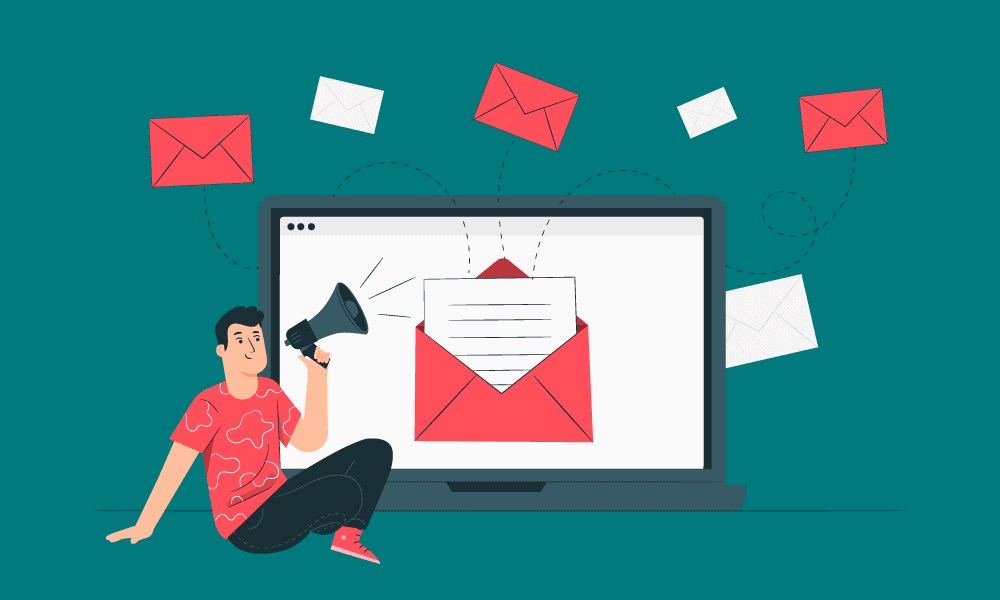
Key:
- Email marketing is the use of email to promote a company’s products and services or to connect with customers.
- When done well, email marketing is an effective sales driver.
- When you do something wrong, email marketing can run into spam that annoys customers.
- The best marketing emails are optimized for mobile, respect customers and follow a schedule as they mix messages.
More texts on Digital Marketing, Social Networks and Web Design can be found here.
